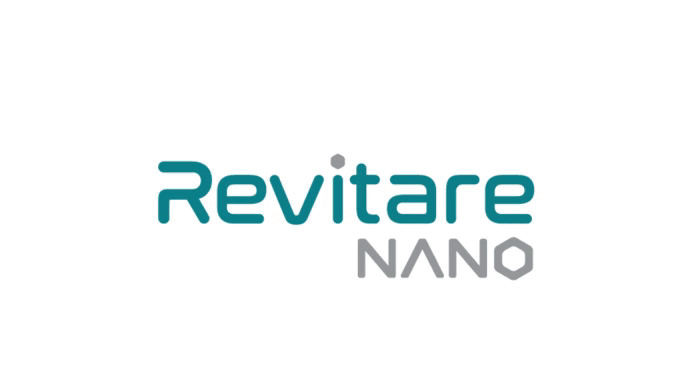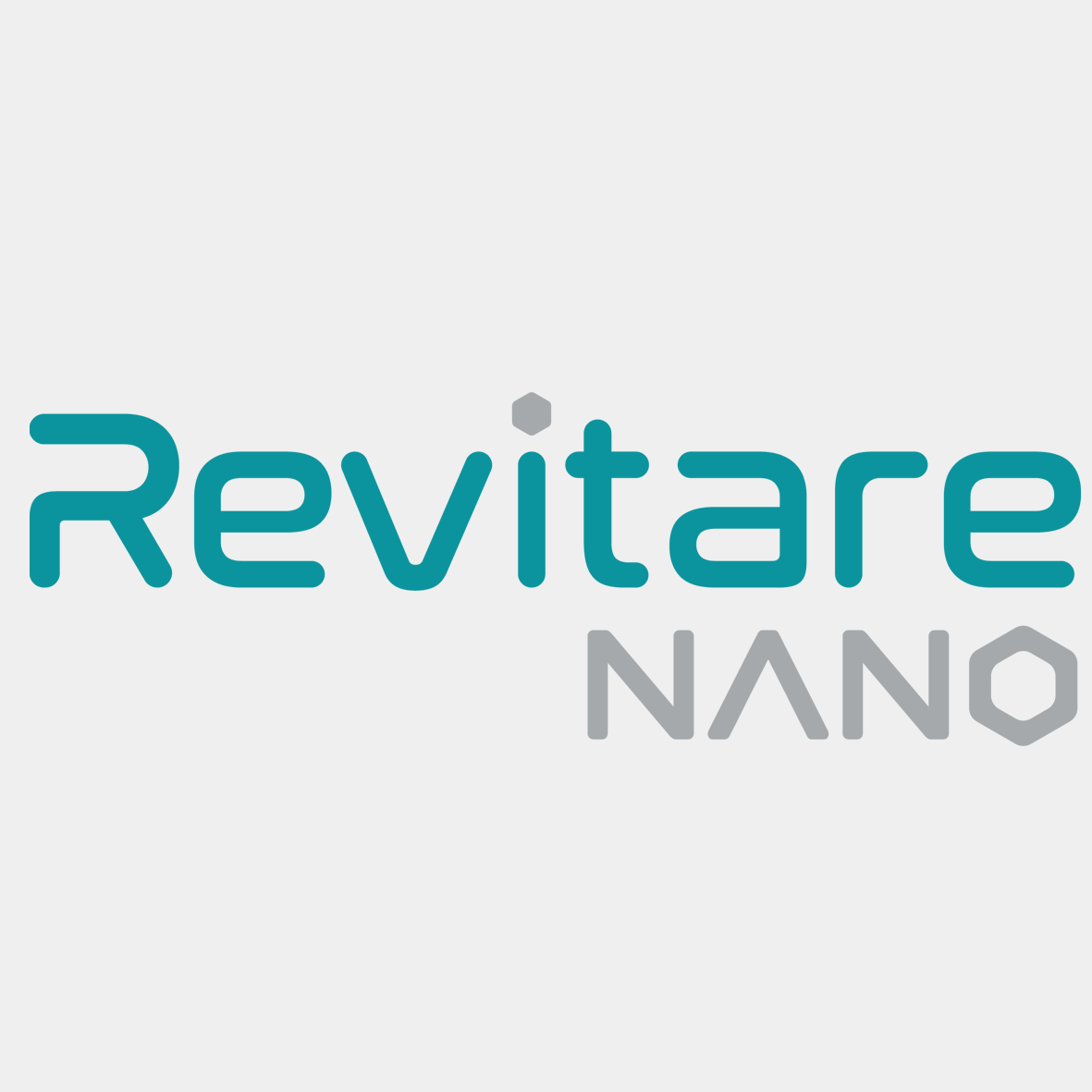The result of intensive research efforts by scientists has transformed the term ‘nano‘ into a broader concept with wide meanings in our daily lives. Nano particles have evolved from mere experiments in laboratories to various practical uses that silently contribute to all aspects of our daily lives without leaving any negative health effects, as they are completely safe.
Nanosilver particles are extremely small particles of silver ranging in size from 1 nanometer to 100 nanometers, and some consist of a higher percentage of silver oxide. There are several methods for producing nanosilver particles, which can be categorized into three classes: physical vapor deposition, ion implantation, and wet chemistry.
Scientific studies have proven that nanosilver ions are highly effective against microbes. Therefore, scientists have innovated antimicrobial nanosilver technology, which is an extremely thin layer made of nanosilver particles. The minute size of nanosilver particles allows them to easily penetrate the microbe’s wall, disrupting its vital functions and eliminating it. The effect of silver ions on treated surfaces is long-lasting, leaving them clean, healthy, and free from microbes. Additionally, this technology offers the advantage of providing silver ions at minimal costs.
Innovative Transformations in the World of Indoor Environment Using Nanosilver Particles
When science meets health benefits, a new world of innovative medical and technological possibilities unfolds. Silver ions demonstrate their ideal ability to replace traditional concepts with more effective modern health concepts. They have been successfully used in various fields such as hospital sterilization, surgical treatment, healthcare products, cosmetics, wound healing, and water purification. However, the role of silver ions is not limited to these applications; they have been precisely utilized in indoor environments, including:
- Antimicrobial Glass: Despite being an indispensable material in interior decor, glass is prone to contamination due to the accumulation of bacteria, viruses, and germs. During manufacturing, glass is treated with either antimicrobial silver ion technology or photonic technology with nanosilver particles. This results in glass that is free from microbes and stains, leaving no unpleasant odors.
- Antimicrobial Paints: Traditional paints, commonly used for wall decoration, lose their luster over time and become difficult to clean due to peeling. They also contain substances that emit unpleasant odors affecting indoor air quality. Utilizing nanosilver antimicrobial technology in paint formulations, with silver ion carriers mixed with nanosilica particles, creates self-disinfecting, odor-resistant paints without harming individuals’ health.
- Hygienic Door Handles: Touching surfaces serves as a continuous source for microbial transfer. Door handles are treated with a thin layer containing silver ions, which effectively interacts with moisture from individuals’ hands during handling. This layer acts as an antimicrobial barrier, further enhanced by the inclusion of nanosilver particles and zinc oxide, providing greater protection.
- Antimicrobial Ceramics: Ceramics with antimicrobial properties are treated during manufacturing with a thin antimicrobes containing a mix of glossy materials and silver ions or photonic catalysts for antimicrobial nanosilver particles. This ceramic is used in floors, sinks, walls, and swimming pool bathrooms, ensuring a microbial-free and healthy environment.
- Antimicrobial Carpets: Scientific research indicates that carpets can be a source of environmental pollution unless properly treated. The ease with which microbes and dust can accumulate inside carpets, altering dye quality and emitting unpleasant odors, underscores the need for treatment during manufacturing. Using nanosilver antimicrobial technology in carpet production results in a safe, healthy, and environmentally friendly carpet. Its ability to reduce dust and pollutants, along with its superior microbial and odor elimination capabilities, makes cleaning easier and extends its lifespan.
References:



